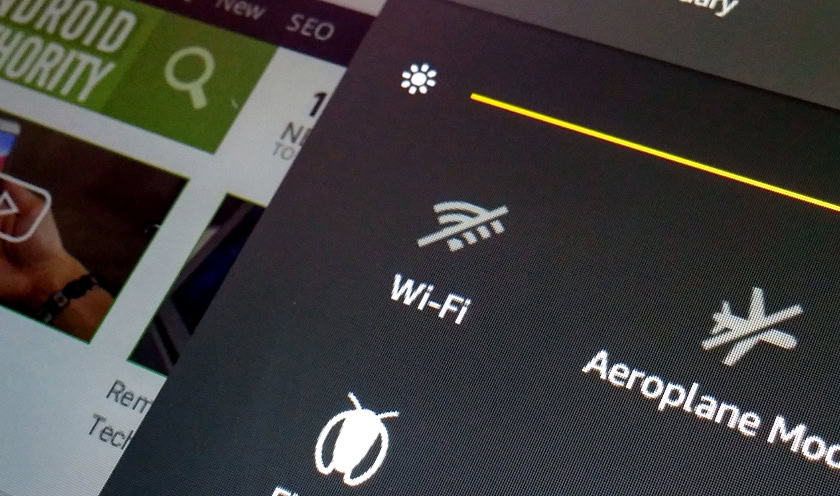Affiliate links on Android Authority may earn us a commission. Learn more.
Future Wi-Fi hardware may use infrared light for faster connections

Most Wi-Fi connections are faster than cellular hardware for smartphones, but there are still a lot of issues with the current technology. If too many users share a Wi-Fi hotspot, and that happens frequently, the download data speeds slow down to a crawl. Now there’s word of a new Wi-Fi proposal that would use infrared light to transmit data, and it sounds very promising.

The proposal was made by Joanne Oh, a PhD student at at the Eindhoven University of Technology in the Netherlands. Her idea is to use infrared light to transmit wireless data. On the surface, this has a lot of potential. Infrared light, in theory, should be able to handle data speeds of up to 40gbps, and that’s just for one light ray. Each “light antenna” could send out multiple rays, and each one would target one smartphone or tablet. There would be no slow down of speeds if multiple devices were to connect to one station, and there would be no interference from radio signals.
There are some issues with using this method. Infrared light cannot go through walls like regular Wi-Fi signals, so a home with an infrared-based system would have to have a base antenna in each room of a house. Also, the proposal has only tested download speeds with infrared technology, while upload speeds are still handled via standard Wi-Fi radio.
This kind of system sounds like it would be perfect for home use, or for small businesses. It remains to be seen if anyone will turn this PhD student’s idea into a real product, but we would bet that we will see solutions for faster Wi-Fi technology sooner rather than later.